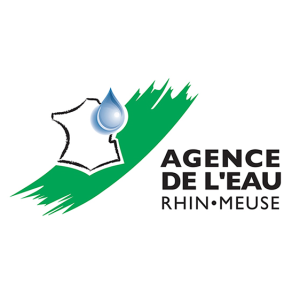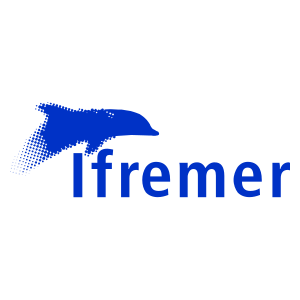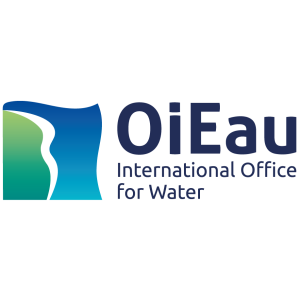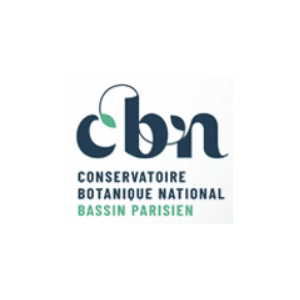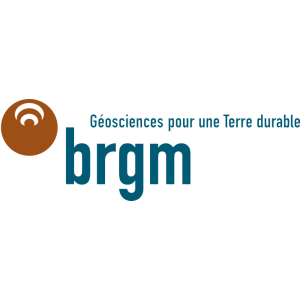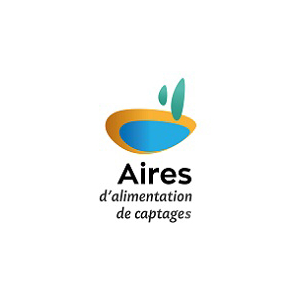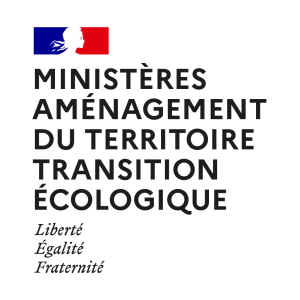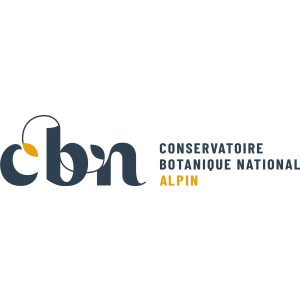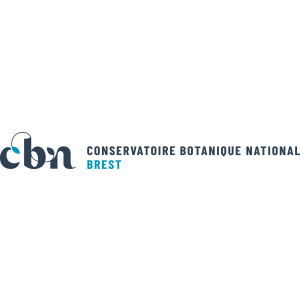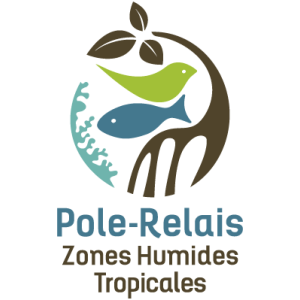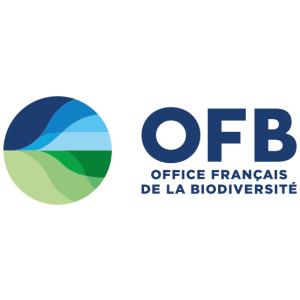
Document généré le 31/08/2025 depuis l'adresse: https://www.documentation.eauetbiodiversite.fr/fr/notice/choosing-floating-macrophytes-for-ecological-intensification-of-small-scale-fish-farming-in-tropical-areas-a-methodological-approach
Choosing floating macrophytes for ecological intensification of small-scale fish farming in tropical areas: a methodological approach
Titre alternatif
Producteur
Contributeur(s)
EDP Sciences
Identifiant documentaire
10-dkey/10.1051/alr/2018017
Identifiant OAI
oai:edpsciences.org:dkey/10.1051/alr/2018017
Auteur(s):
Jacques Slembrouck,Reza Samsudin,Brata Pantjara,Ahmad Sihabuddin,Marc Legendre,Domenico Caruso
Mots clés
Ecological intensification
tropical aquaculture
macrophytes
small-scale
alternative feed
eco-services
Date de publication
24/10/2018
Date de création
Date de modification
Date d'acceptation du document
Date de dépôt légal
Langue
en
Thème
Type de ressource
Source
https://doi.org/10.1051/alr/2018017
Droits de réutilisation
Région
Département
Commune
Description
Several ecological services and functions are attributed to macrophytes, which may represent valuable resource for the ecological intensification of tropical fish farming. However, considering the multiple potential eco-services provided by macrophytes, the choice of the most appropriate species requires multiple criteria to assess these eco-services. Five floating macrophytes (Eichhornia crassipes, Lemna minor, Azolla filiculoides, Salvinia molesta and Salvinia spp.) were selected for this study. The six eco-services parameters compared among these macrophytes were: productivity (in % of seeded macrophytes), risk of non-productive cycles, nutritional value, impact on water quality, palatability (expressed as the percentage of plant ingested in 4 h) and ease of use. Experiments to determine these indicators were carried out in simple devices (net cages and plastic tanks) partially immerged in earthen ponds. The palatability of fresh macrophytes (whole or chopped) was studied in ponds using Osphronemus goramy juveniles. All indicators were scored from 1 to 5, and the highest score was assigned to the highest performer. These scores corresponded either to the evaluation of a single parameter (e.g. productivity) or to the average from scores of several parameters (e.g. nutritional score). Multiplier coefficients were applied for nutritional value and palatability. Azolla filiculoides showed the best scores for productivity; L. minor for nutritional value and palatability, and E. crassipes for the lowest risk of non-productive cycles and a positive impact on water quality. After integrating the scores in a multi-parameter matrix, A. filiculoides had the best overall score. The results of this approach to select macrophytes are discussed in light of the eco-services provided by macrophytes which may, in turn, promote the ecological intensification of tropical small-scale aquaculture.
Accès aux documents
0
Consultations
0
Téléchargements


